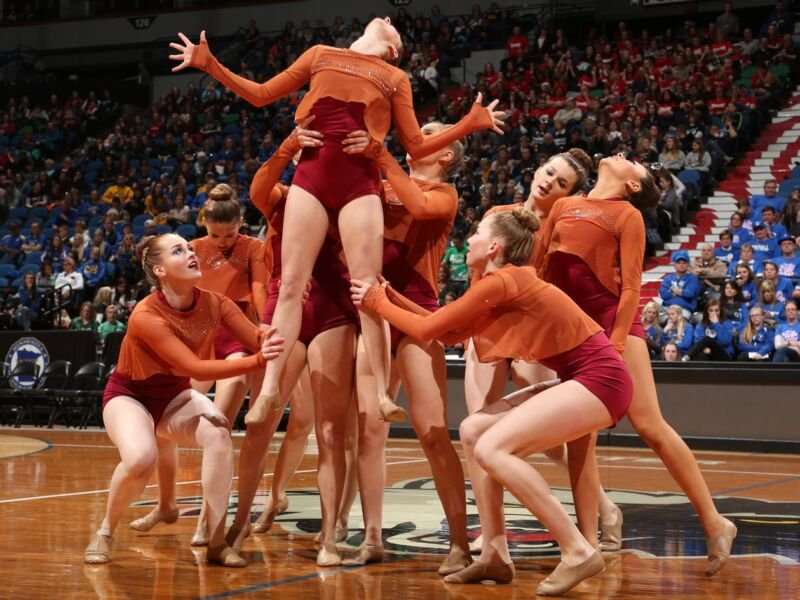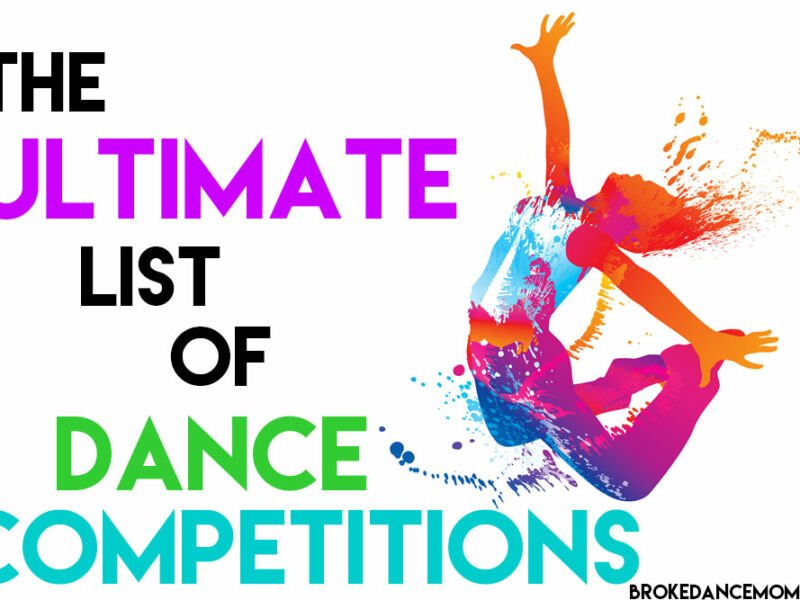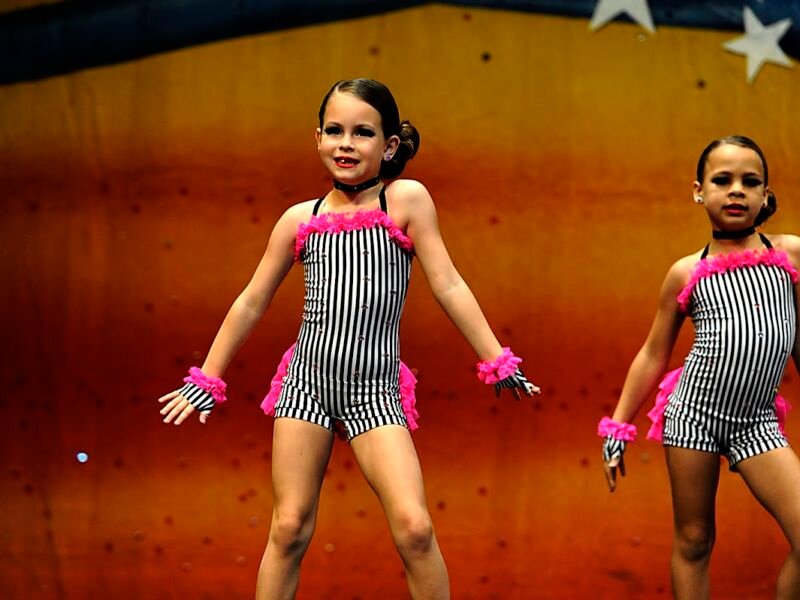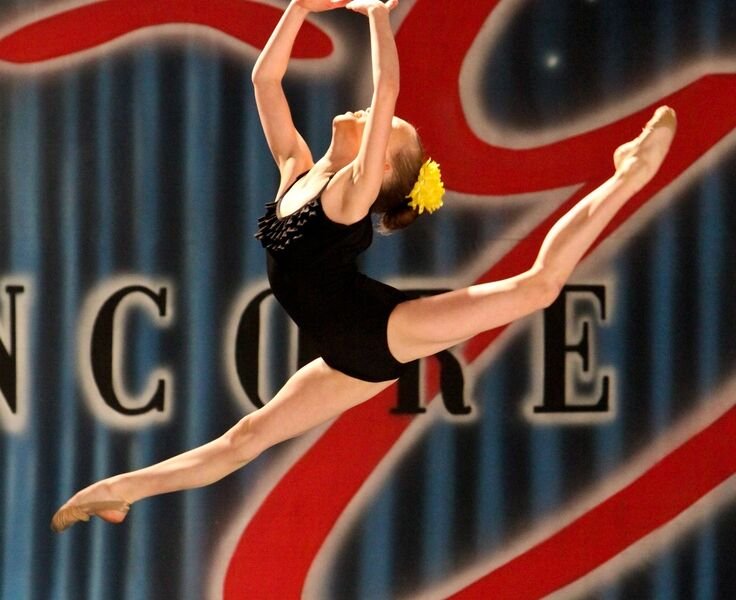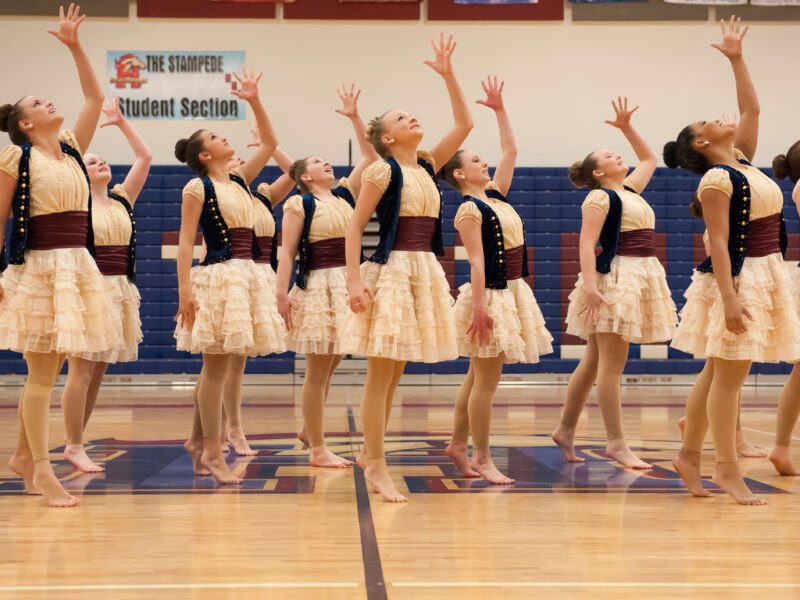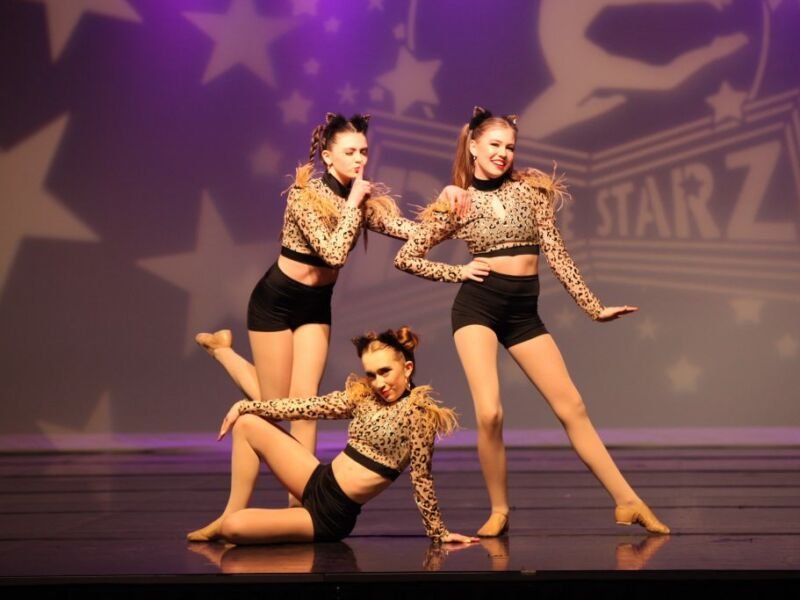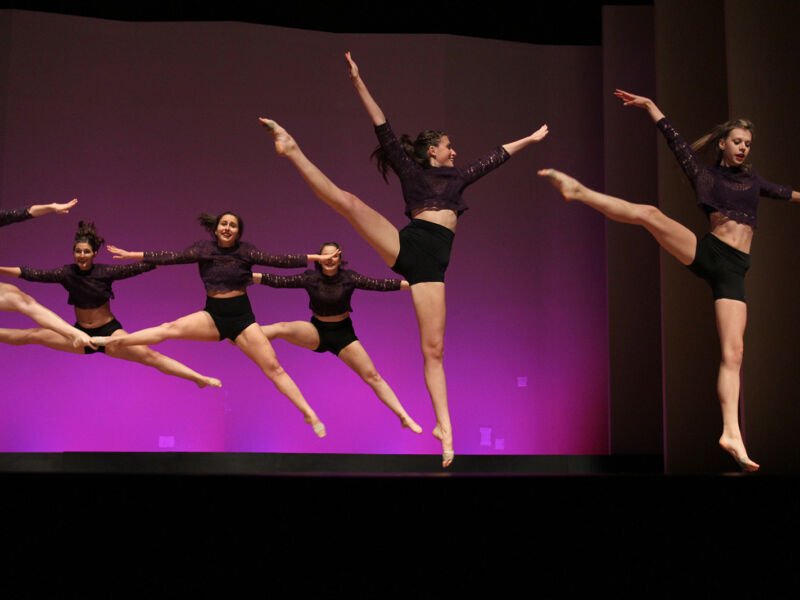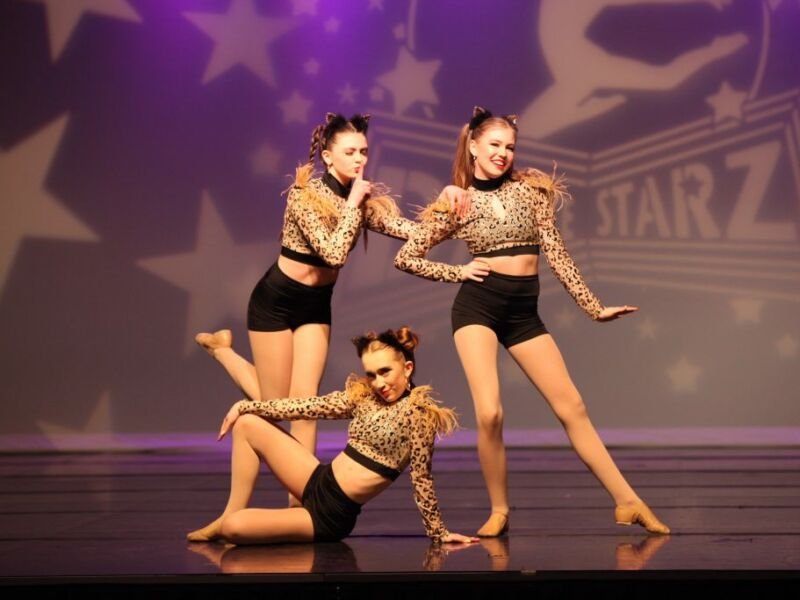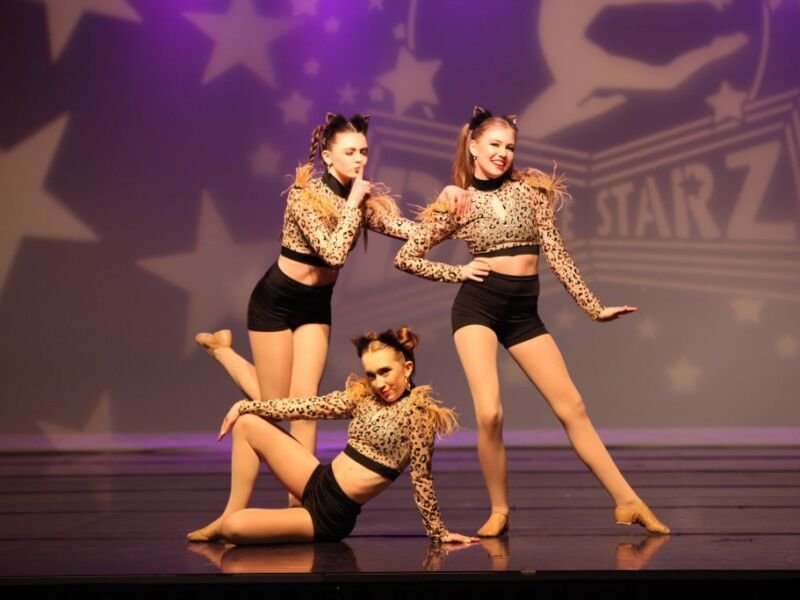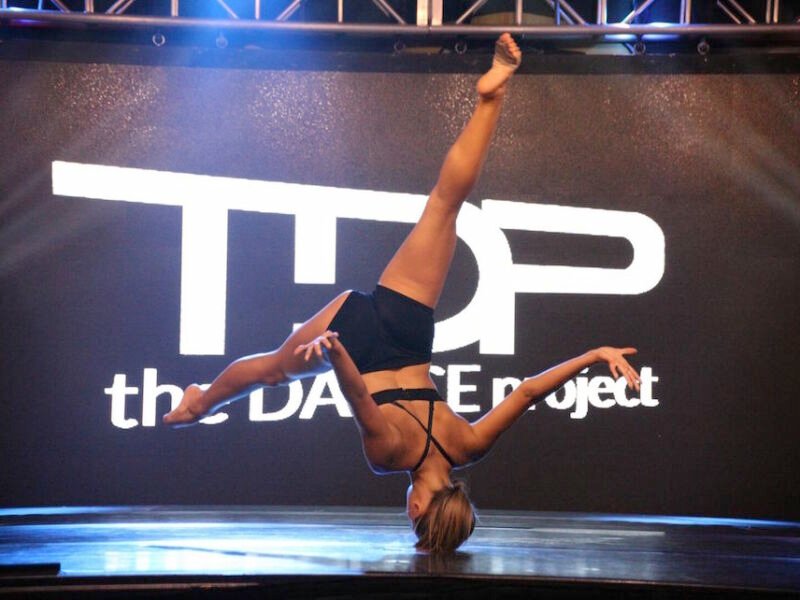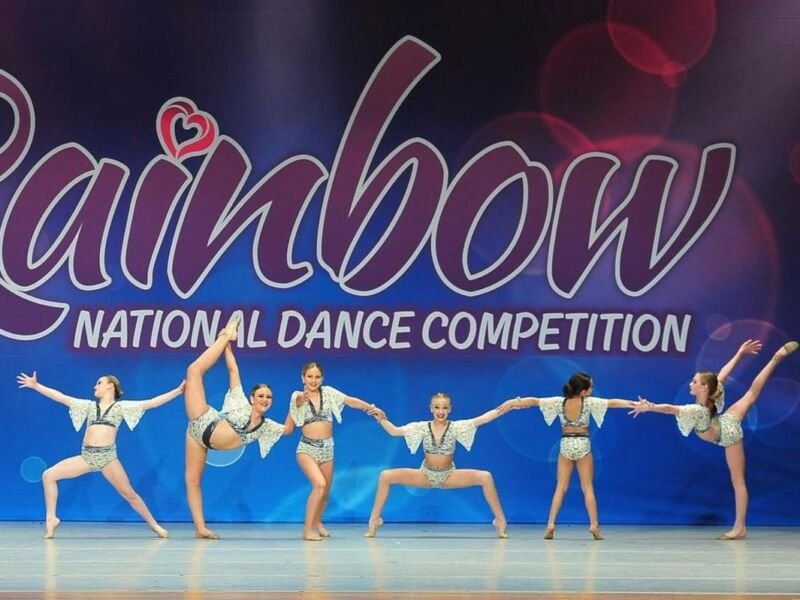
Introduction:
When it comes to dance competitions, performers strive to deliver outstanding and unforgettable performances. However, achieving that level of excellence requires a combination of talent, skill, and dedication. In this article, we will unveil the secrets to delivering impressive dance competition performances. From choosing the right routine to perfecting your technique, we will explore every aspect that can help you stand out on stage. Join us as we dive into the world of dance competitions and uncover the strategies and techniques that can elevate your performance to new heights.
Choosing the Right Routine:
One of the crucial factors that contribute to an impressive dance competition performance is selecting the right routine. This decision includes considering various aspects such as dance style, music selection, and choreography. By carefully analyzing your strengths and understanding the competition’s requirements, you can choose a routine that showcases your abilities and captivates the audience.
Technical Excellence:
Becoming technically proficient in your chosen dance style is essential for delivering an impressive performance. Attention to detail in areas such as posture, alignment, footwork, and execution of movements can significantly enhance your overall performance. Working with experienced instructors, attending regular technique classes, and practicing diligently can help you hone your skills and achieve technical excellence on stage.
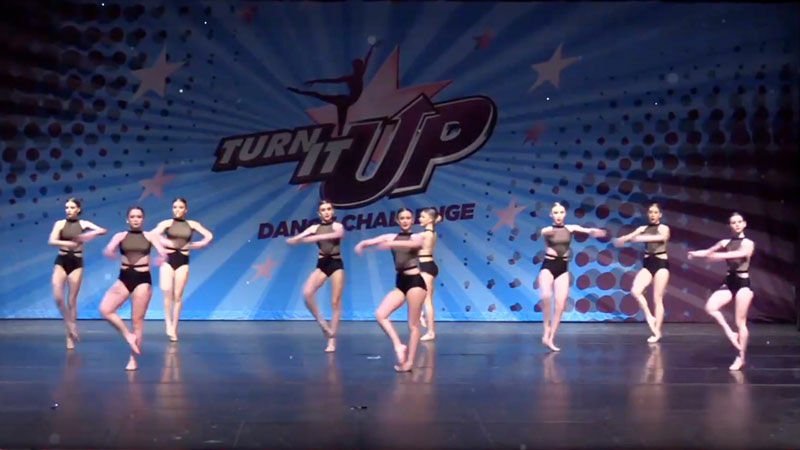
Showmanship and Expression:
While technical precision is crucial, it is equally important to express yourself and connect with the audience during a dance competition performance. Showmanship involves conveying emotions and telling a story through your movements and facial expressions. Developing the ability to connect with the audience allows you to create a memorable and impactful performance that leaves a lasting impression.
Stage Presence and Confidence:
On the competition stage, confidence and stage presence play a vital role in delivering an impressive performance. Confidence comes from thorough preparation, self-belief, and trust in your abilities. By projecting confidence, maintaining strong and focused energy, and owning the stage, you can command attention and captivate the judges and audience.
Costume and Presentation:
The visual elements of a dance performance, such as costumes and presentation, contribute to the overall impact. Choosing appropriate and visually appealing costumes that enhance your choreography can add an extra layer of interest to your performance. Attention to grooming, stage makeup, and overall presentation can also elevate your appearance and contribute to the overall impression you make on the judges and audience.
Rehearsal and Preparation:
Behind every impressive dance competition performance is hours of rehearsals and meticulous preparation. Putting in the time and effort to polish and refine your routine is crucial for achieving perfection on stage. Regular rehearsals allow you to refine your movements, synchronize with your teammates, and develop a cohesive and polished performance.
Artistic Interpretation:
In addition to technical precision, incorporating your artistic interpretation into the routine can elevate your performance. Adding unique and creative elements to your choreography can make your routine stand out and leave a lasting impact on the judges and audience. Experimenting with different styles, musical interpretations, and innovative movements can help you bring your artistic vision to life on stage.
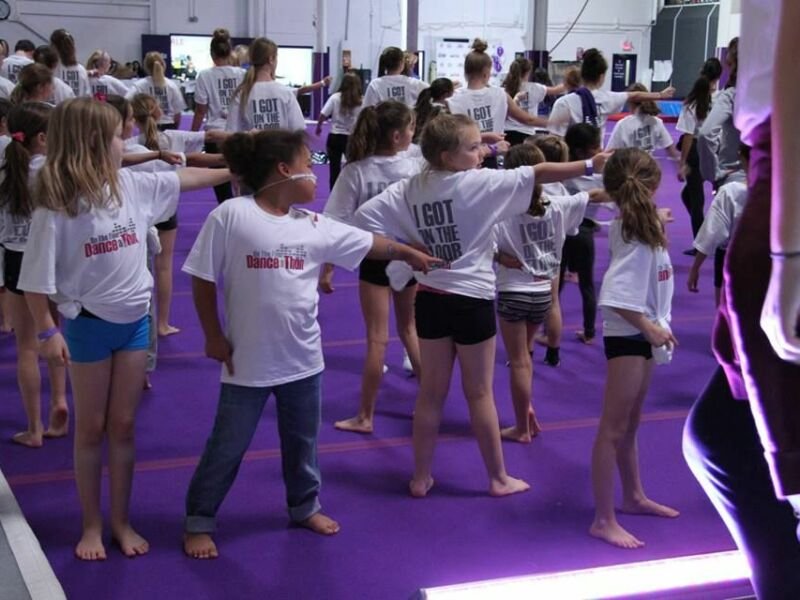
Audience Engagement:
Engaging the audience is essential for creating a memorable dance competition performance. Involve the audience by utilizing eye contact, directing your movements toward them, and involving them in the emotional journey of your routine. Building a connection with the audience enhances the overall experience and sets an impressive and captivating tone for your performance.
Adaptability:
Dance competitions often require performers to be adaptable and responsive to unexpected circumstances. Being prepared to adjust to different stage sizes, music changes, or unforeseen technical issues can demonstrate your professionalism and composure. The ability to adapt on the spot and continue performing flawlessly is a valuable skill that can make your performance even more impressive.
Final Thoughts:
Delivering an impressive dance competition performance is a result of dedication, hard work, and attention to detail. By focusing on choosing the right routine, perfecting your technique, expressing yourself, and engaging the audience, you can leave a lasting impact on the judges and spectators. Remember to maintain confidence, embrace your artistic interpretation, and be adaptable to ensure an unforgettable performance every time you step onto the competition stage. Your impressive dance competition performances will undoubtedly be recognized and celebrated as you continue to grow as a dancer.
Additional Resources:
- Sequins and Soul-Searching in the Competitive Dance World
- What Dance Competitions Really Mean To Dancers
- Dance Competitions Explained – Everything You Want To Know
- How Do Dance Competitions Work? – QC Dance Studio
- Competitive Dance: The Physiological and Psychological …
- Dance Competitions : What You Need to Know
